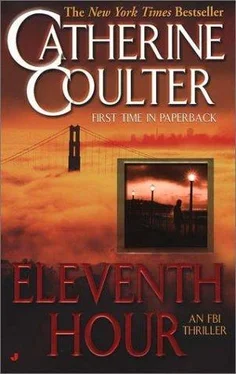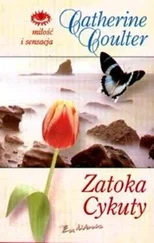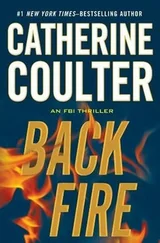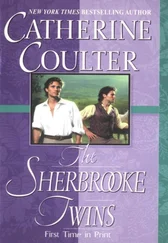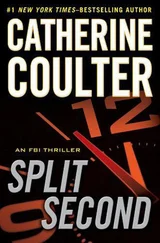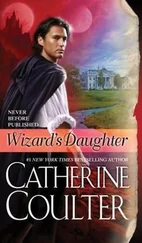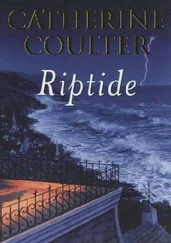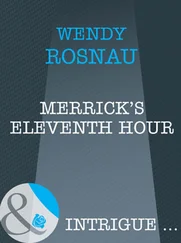Albia was John’s older sister, an elegant, articulate woman, rich in her own right from ownership of several successful men’s boutiques. Albia had been in John’s corner since their mother had died when he was only sixteen and Albia twenty-three. She was turning fifty-five, but she looked a dozen years younger. She’d married when she’d turned thirty, been widowed just a year later. Albia had always been reserved, even standoffish with all the campaign volunteers, but since John had begun dating Nick, she’d warmed up considerably. Nick felt very close to her, indeed she was becoming a confidante.
Tonight, there was so much excitement, a feast on the dining table, a gorgeous diamond bracelet, presented by John to his sister, around Albia’s wrist, winking and glittering in the soft glow of the half dozen lighted candles on the table. Elliott Benson had charmed and joked and flattered Albia, presenting her with diamond earrings that easily rivaled the bracelet John had gotten her. They were in her ears, gorgeous earrings. Elliott was trying to outdo John, it was easy enough to see, at least to Nick. Why had Albia wanted him there?
Nick’s gift to Albia was a silk scarf imprinted with a Picasso painting that she’d found in Barcelona. Albia, exclaiming over that lovely scarf, had said, “Oh, I remember that Mother had a scarf very similar to this one. She loved that scarf-”
And her voice had dropped like a stone off a cliff.
Nick, filled with Albia’s pleasure, pleased that her scarf had reminded her of John’s mother, said, “Oh, John, you’ve never spoken of your mother.”
John shot a look at his sister. She shook her head slightly, as if in apology, and looked back down at her plate.
“That’s right, John,” Elliott said, “I never even met your mother. Hey, didn’t she die? A long time ago?”
“That’s right,” John said, his voice curt. “Nicola, you knew, didn’t you? It was a car accident. It’s been many, many years. We don’t often speak about her.”
She said, “A car accident? Oh my, I hadn’t realized. I’m so very sorry. It must have been such a shock to both of you.”
“Not to my father,” John said.
Elliott started to say something, then chewed thoughtfully on a medallion of veal and stared at one of the paintings on the dining room wall.
Albia said, “It was a bad time. Would you please pass me the green beans, Nicola?”
Elliott told stories of college days. All of them involved girls that both men had wanted. His stories were funny, utterly charming, and many times he made himself the dupe, but still, it was a very strange thing. “Then, of course,” he said, “there was Melissa-no, let’s not speak of her this evening. I’m sorry, John. Another toast. To Albia, the loveliest lady in Chicago.” And while he drank the toast, he looked at Nick and she wanted to slap that oily look off his handsome face.
Over a dessert of creme brulee, Nick felt a sudden cramp, then another, this one stronger, more vicious. She had to excuse herself to run to the bathroom, where she got sick, and soon felt so ill, so utterly miserable, that she just wanted to curl up and die.
The pain was ghastly, her belly twisting and knotting. She threw up until she was shaking and sweating and couldn’t stand. She remembered hugging the toilet with Elliott, John, and Albia standing next to her, not knowing what to do until Albia said, “I think we should call an ambulance, John. She’s really sick. Elliott, go wait downstairs for them. Go, both of you! Quickly!”
And here she was in a hospital bed and they’d pumped her stomach. She remembered now that they’d told her about that before she fell asleep again, thanks to something very nice they’d given her. At least her stomach was calm. In fact, her belly felt hollow, scooped out, shrunk down to nothing at all. It hurt, but it was a dull ache, as if she’d been hungry for too long.
She remembered now that after they’d pumped her stomach, she lay on the hospital gurney feeling like she’d been bludgeoned with several baseball bats. Just on the edge of blissful drugged sleep, she remembered all those mad eyes staring at her from behind ski masks in her dreams, breathed in the smell of the exhaust from the big dark car that had nearly flattened her into the concrete.
It was so very dark. She turned her head just a bit and saw a flashing red light. What was that?
Then she heard a movement. Someone was in the room, close to her. She nearly stopped breathing.
She whispered around that miserable tube down her throat, “Who’s there?”
A man, she knew it was a man, and his breathing was close to her, too close.
“Nicola.”
Thank God, it was John. Why had she thought it could be Elliott Benson? There was no reason for him to be here.
She started crying, she couldn’t help it.
She felt his hand on her shoulder. “It’s all right, Nicola. You’ll be fine. You must stop crying.”
But she couldn’t.
He rang the bell. In just a moment, the door opened, flooding the hospital room with light from the hallway. Then the overhead light in the room went on.
“What’s the problem, Senator?”
“She’s crying and she’ll choke if you don’t get that tube out of her throat.”
“Yes, we have an order for that, once she is awake.” She was standing over Nicola now, saying, “This isn’t fun, is it? Okay, this won’t be pleasant, Nicola, but it’s quick.”
After the tube came out, her throat felt like it was burning inside.
The nurse said, “Don’t be alarmed about the pain in your throat. After all that’s happened, it’ll be sore for a couple more days.” The nurse took a Kleenex and wiped her eyes, her face. “You’ll be just fine now, I promise.”
She got the tears under control. She took a dozen good-sized breaths, calmed her heartbeat. “What happened?”
“Probably food poisoning,” John said. “You ate something bad, but we got you to the emergency room in time.”
“But what about you? Albia? Are you ill?”
“No, we’re fine. So is Elliott.”
“It appears,” the nurse said as she took Nicola’s pulse, “that only you ate whatever was bad.” She eased Nicola’s arm back under the covers. “The senator believes it might have been a raspberry vinaigrette. You’ve got to sleep now. Senator Rothman will see to everything.”
And she wondered, why hadn’t John or Albia or Elliott gotten ill from the food?
John kissed her forehead, not her mouth, and she didn’t blame him a bit for that. She wished she could have something to get rid of the dreadful taste, but she was so tired, so empty of words and feelings, that she just closed her eyes.
She heard John say to the nurse, “I’ll be back in the morning to speak with the doctor, see that she’s discharged. Oh, no, I can’t. I have a meeting with the mayor. I’ll send one of my people to see to things.”
They continued speaking, in low voices, into the hallway. The overhead light clicked off. The door closed.
She was shut into the blackness again. But she knew this time she was alone and it was warm here, nothing to disturb her except that small nagging voice in her head: food poisoning from vinaigrette dressing? What nonsense. She’d eaten so little of everything because she was excited about Albia’s birthday, the gift she’d given her, and she wanted desperately for Albia to be her friend, to accept her. She wondered as she fell back into sleep if she would have died if she’d eaten more.
She’d had food poisoning before, on a hunting trip with her dad, when she’d eaten bad meat. It hadn’t been like this.
The next morning, the doctors couldn’t say exactly what had made her sick. They’d taken blood tests, said they would analyze what was in her stomach, and tested both the senator and his sister, but nothing was found.
Читать дальше
